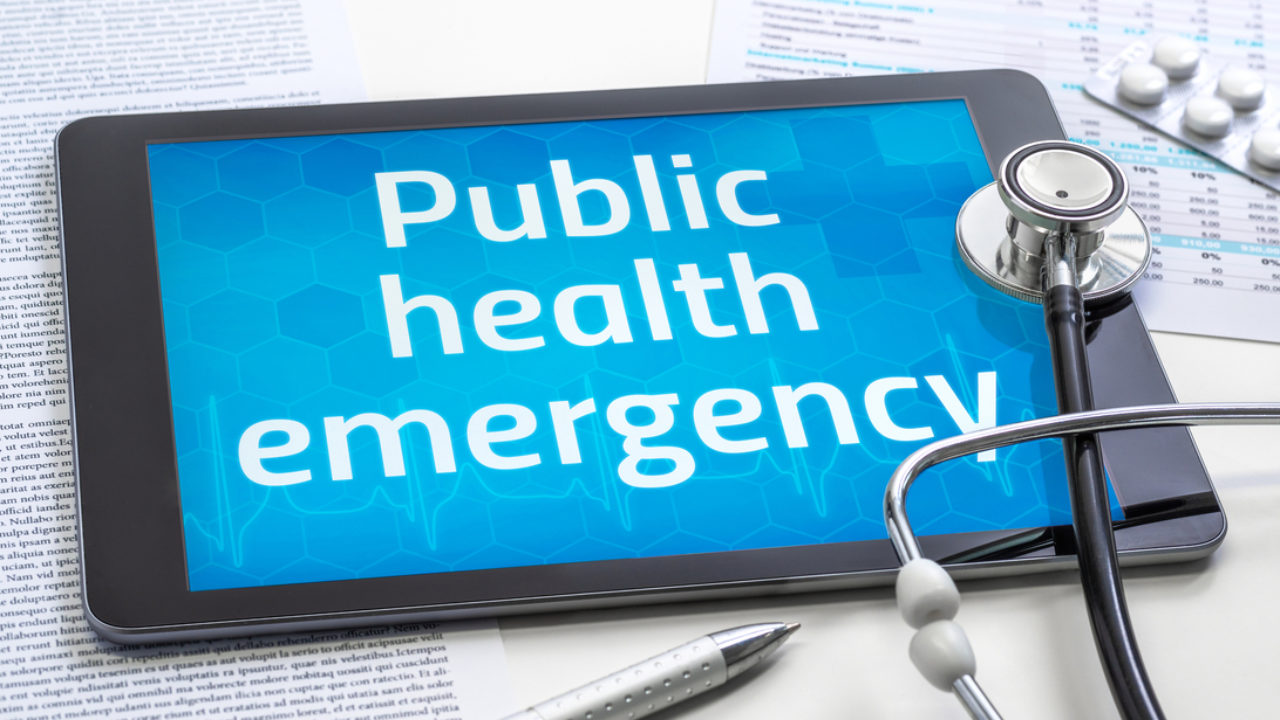
PHE Extended But Some Waivers Expired
The PHE was renewed another 90-days effective April 16th, 2022, but what 1135 waivers expired?
Renewal of Determination That A Public Health Emergency Exists
As a result of the continued consequences of the Coronavirus Disease 2019 (COVID-19) pandemic, on this date and after consultation with public health officials as necessary, I, Xavier Becerra, Secretary of Health and Human Services, pursuant to the authority vested in me under section 319 of the Public Health Service Act, do hereby renew, effective April 16, 2022, the January 31, 2020, determination by former Secretary Alex M. Azar II, that he previously renewed on April 21, 2020, July 23, 2020, October 2, 2020, and January 7, 2021, and that I renewed on April 15, 2021, July 19, 2021, October 15, 2021, and January 14, 2022, that a public health emergency exists and has existed since January 27, 2020, nationwide.
As expected, the COVID-19 PHE (Public Health Emergency) has been extended another 90-days, effective April 16th, 2022. This means that “most” waivers under the 1135 CARES Act of 2020 will continue to stay in effect through this period, through July 19th, while others are winding down.
CMS has already alerted providers that many nursing home compliance standards will phase out, while still protecting those residents.
During the PHE, CMS used a combination of emergency waivers, 1135 Regulations, and sub regulatory guidance to offer healthcare providers the flexibility needed to respond to the COVID-19 pandemic. CMS is ending specific waivers to two groups: One will end 30-days from the issuance of the new guidance and the other group will terminate 60-days from issuance.
Telehealth
The good news is that access to certain services, primarily Telehealth Coverage, continues not only through July, under the waiver 1135 flexibilities, but also with the Consolidated Appropriations Act of 2022 Congressional extension, it will continue to be covered for 151 days after the PHE ends. But what does that mean exactly and are there any variables that need to be addressed?
Telehealth with the patient using their home as the originating site, will continue to be allowed when billing for office visits when an audio and video connection exists. Audio only visits billed with telephone CPT® codes, will continue for another 90-days as well.
However, there was a new PHE Fact sheet that was published on April 7th, (see link to this sheet below), that addressed some compliance issues that have not been addressed during the PHE, and this could be problematic for many physician practices.
Question 5: Can Medicare fee-for-service rules regarding physician State licensure be waived in an emergency?
The HHS Secretary has authorized 1135 waivers that allow CMS to waive the Medicare requirement that a physician or non-physician practitioner must be licensed in the State in which s/he is practicing for individuals for whom the following four conditions are met:
- The physician or non-physician practitioner must be enrolled as such in the Medicare program,
- The physician or non-physician practitioner must possess a valid license to practice in the State which relates to his or her Medicare enrollment,
- The physician or non-physician practitioner is furnishing services – whether in person or via telehealth – in a State in which the emergency is occurring in order to contribute to relief efforts in his or her professional capacity, and
- the physician or non-physician practitioner is not affirmatively excluded from practice in the State or any other State that is part of the 1135 emergency area.
In addition to the statutory limitations that apply to 1135-based licensure waivers, an 1135 waiver, when granted by CMS, does not have the effect of waiving State or local licensure requirements or any requirement specified by the State or a local government as a condition for waiving its licensure requirements. Those requirements would continue to apply unless waived by the State. Therefore, in order for the physician or non-physician practitioner to avail him or herself of the 1135 waiver under the conditions described above, the State also would have to waive its licensure requirements, either individually or categorically, for the type of practice for which the physician or non-physician practitioner is licensed in his or her home State.
Many practices made assumptions that if CMS and Medicare said you can do it, that this was a blanket waiver for all states and all payers. Not true.
Question 10: Does a PHE declaration waive or preempt state licensing requirements for healthcare providers?
No, a PHE declaration does not waive or preempt state licensing requirements. States determine whether and under what circumstances a non-Federal healthcare provider is authorized to provide services in the state without state licensure. As discussed in response #5 above, when the Secretary issues an 1135 waiver, the Secretary may waive Medicare, Medicaid or SCHIP requirements that physicians and other health care professionals hold licenses in the State in which they provide services. This would be for Medicare, Medicaid or SCHIP reimbursement purposes only, and would apply only if the physicians or other health care providers have an equivalent license from another State (and are not affirmatively barred from practice in any State in the emergency area).
Again, these clarifications were made on the PHE, not included in the COVID-19 FAQ Sheets. This may be confusing for some practices, as again assumptions made where not clear. I would strongly urge physicians who treated patients during the PHE, via Telehealth in other states, to check with their personal liability insurance coverage and their healthcare attorney to make sure no infractions of the rules were made. Also, any retired physicians that were allowed, again, under the COVID-19 waivers, to come out of retirement and see patients via Telehealth for Medicare, did your state allow this for private insurance and self-pay patients? Many state level PHE Waivers expired in 2021, and early 2022.
We strongly urge clients and physicians to check with their liability/malpractice insurance and their state legislature rules on Telehealth, and what is allowed for physicians continuing to cross state lines with virtual care. Protect yourself and your practice by being informed. If you need any assistance finding this information, please use our “Contact Us” tab to engage services.
References
- https://www.cms.gov/newsroom/press-releases/cms-returning-certain-pre-covid-19-policies-long-term-care-and-other-facilities
- https://www.cms.gov/medicareprovider-enrollment-and-certificationsurveycertificationgeninfopolicy-and-memos-states-and/update-covid-19-emergency-declaration-blanket-waivers-specific-providers

Fletcher BS, CPC, CCC, CEMC, CCS, CCS-P, CMC, CMSCS, ACS-CA, SCP-CA, QMGC, QMCRC, QMPM, PACS
Terry Fletcher Consulting, Inc.
Healthcare Coding and Reimbursement Consultant, Educator and Auditor
Podcast Host, CodeCast® , NSCHBC Edge Podcast, #TerryTuesday TCG Podcast
NAMAS and AAPC Educational Speaker and Writer